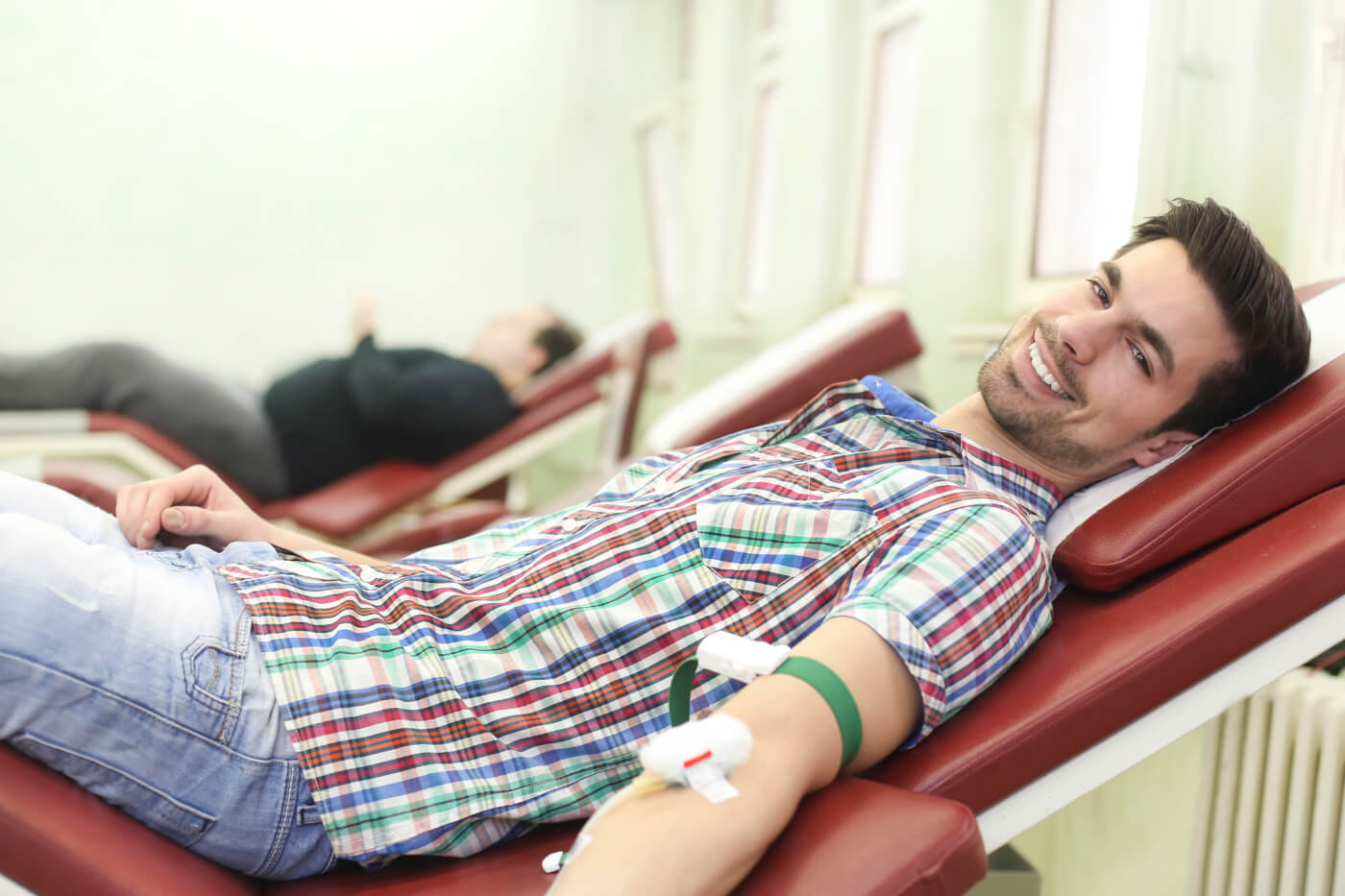Iceland could be the next country to lift its lifetime ban on allowing gay and bisexual men to donate blood.
Last week the Icelandic daily newspaper Fréttablaðið reported the country’s Ministry of Health plans to review regulations preventing MSMs (men who have sex with men) from giving blood. Although these policies were implemented during the height of the HIV/AIDS crisis in the 1980s, officials say this population does not pose a threat to the blood donation pool.
Despite a lingering stigma that queer men are more likely to transmit the virus to others, a survey from Iceland’s government found the number of new HIV infections is roughly equal between queer and heterosexual populations.
In 2017, 150 Icelanders who reported contracting HIV were gay or bisexual, according to health ministers. Approximately 148 were straight.
Iceland is currently one of at least 20 countries where it’s illegal for MSMs to donate blood, several of which are in Europe. According to Equaldex, these countries include Austria, Estonia, Romania, and Slovenia.
Icelandic leaders say they were inspired by Denmark’s recent decision to repeal its lifetime deferral on gay blood donation. In 2017, the country announced it would require MSMs to wait four months after their last instance of sexual activity before donating blood.
These policies are in line with countries like Serbia and Japan, which mandate a six-month deferral period. Meanwhile, Australia, Brazil, Canada, France, Germany, Hong Kong, Norway, Northern Ireland, Portugal, South Korea, Sweden, Switzerland, and the United States make gay blood donors wait a year following their last sexual encounter.
As the majority of MSMs remain sexually active throughout their lives, critics say these policies amount to a de facto ban.
Opponents of gay blood bans further point out that the draconian guidelines aren’t based on current medical science. The HIV Nucleic Acid Test (NAT) can detect the presence of HIV in an individual’s bloodstream as early as seven days after the virus is contracted.
Iceland is expected to announce its new policy in the coming months. Health ministers have not stated whether they plan to shorten the donation window or lift the deferral period entirely.
The Scandinavian country has long been considered a progressive leader on queer and trans rights. It became the first nation to elect an openly LGBTQ head of state when Jóhanna Sigurðardóttir was elected Prime Minister in 2009. Although conversion therapy remains legal, same-sex couples are permitted to marry and to adopt children. Discrimination on the basis of gender identity and sexual orientation is banned.
Five years ago, UCLA’s The Williams Institute ranked Iceland as the world’s most LGBTQ-affirming country.
Image via Getty
Don't forget to share:
Help make sure LGBTQ+ stories are being told...
We can't rely on mainstream media to tell our stories. That's why we don't lock our articles behind a paywall. Will you support our mission with a contribution today?
Cancel anytime · Proudly LGBTQ+ owned and operated
Read More in Impact
The Latest on INTO
Subscribe to get a twice-weekly dose of queer news, updates, and insights from the INTO team.
in Your Inbox













